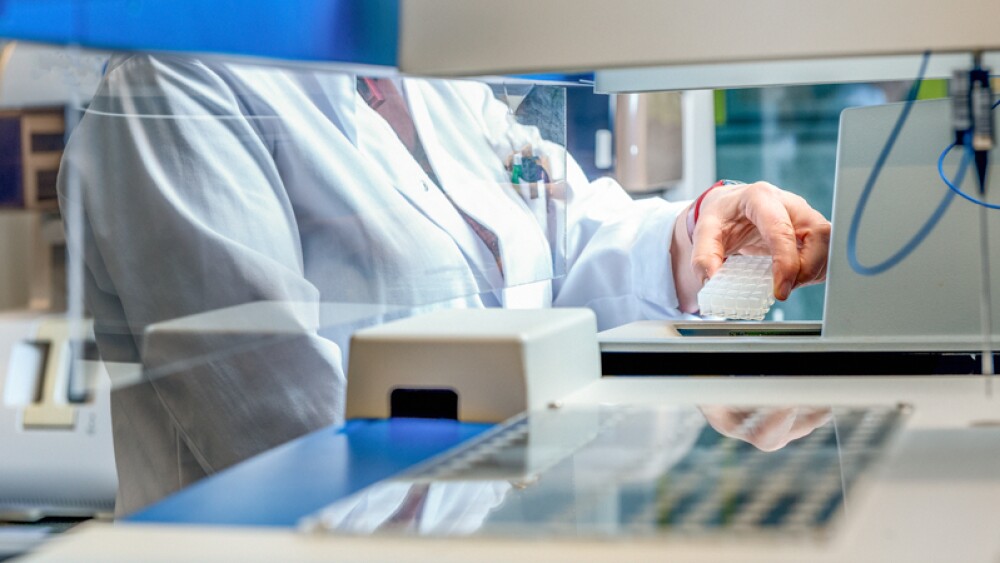February 24, 2017
By Alex Keown, BioSpace.com Breaking News Staff
SAN DIEGO – Ohr Pharmaceuticals will terminate about eight employees following a decision to suspend activities at a lab facility in San Diego, the company announced in a filing with the U.S. Securities and Exchange Commission.
Ohr said on Feb. 21 the company “took actions” to suspend activities at the facility where preclinical research regarding a sustained release platform technology was being developed. Ohr’s SKS sustained release technology uses a “hydrogel template approach to prepare microparticles or other configurations of predefined size and shape with very homogeneous size distribution,” according to the company website. The company said the content capacity of Ohr’s SKS technology is higher than conventional methods and allows greater control in the initial release of the drug into a patient. The SKS technology is undergoing preclinical work in glaucoma research, eye allergy research and retinal disease, according to the company website.
The closing of the San Diego facility comes about a week after the company announced it was pausing enrollment of a Phase III clinical trial for its lead drug candidate squalamine lactate ophthalmic solution, .2 percent, for the treatment of neovascular age-related macular degeneration (wet AMD). Squalamine is a small molecule, anti-angiogenic drug. Squalamine received Fast Track Designation by the U.S. Food and Drug Administration for the potential treatment of wet AMD, the company said on its website.
The company said the pausing of the trial is related to a strategic business decision and not any safety issue. In its Feb. 14 statement, Ohr said there are 200 patients enrolled in the study and no interim efficacy or futility analysis has yet been performed. Jason Slakter, Ohr’s chief executive officer, said in a statement the study will continue with the currently enrolled patients to acquire efficacy data for the Squalamine combination therapy.
“This approach is intended to provide prospective efficacy data before year end 2017 to enable us to potentially confirm the visual acuity benefits observed in the patient population we identified as the most likely to benefit from Squalamine combination therapy. Given the recent study readouts from other combination therapy agents and the reaction to these results, we feel that a change in our clinical development program is warranted. We remain confident about the potential of Squalamine, a differentiated, topical, multi-target angiogenesis inhibitor, to provide improved visual function to patients suffering from wet-AMD,” Slakter said in a statement.
Thomas Riedhammer, a member of Ohr’s board of directors, also said in the statement that if the 200 patients can “demonstrate confirmation of the visual acuity benefits” seen in previous trials, that would be a “significant step forward in our goal of bringing new treatments for patients with vision threatening diseases like wet-AMD.”
The trial pausing announcement was made on the same day the company released its first quarter reports for 2017. During that period, which ended Dec. 31, 2016, Ohr saw a net loss of $7 million. The company said operating costs for the same period were $7 million, which was a significant jump over the $3.6 million the company reported for operating costs during the same period in 2015.





